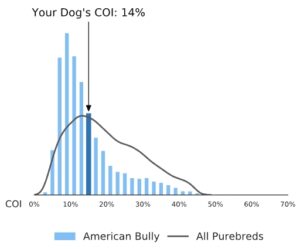Bringing home a new puppy is an exciting and joyful experience, but it also comes with a great deal of responsibility. One of the most important aspects of being a responsible dog owner is training your new puppy. Proper puppy training not only helps your furry friend become a well-behaved and obedient companion, but it also strengthens the bond between you and your new furry family member. In this article, we will provide you with a comprehensive guide to properly train your new puppy.
Start with Basic Commands
The first step to training your new puppy is to teach them basic commands such as sit, stay, come, and down. These commands will form the foundation of all future training and help establish you as the pack leader. Use positive reinforcement techniques such as treats, praise, and playtime to encourage your puppy to follow commands.
Socialize Your Puppy
Socialization is crucial for puppies to develop into well-adjusted and confident dogs. Introduce your puppy to different people, animals, and environments to help them become comfortable with new experiences. Puppy socialization classes can also be a great way to help your furry friend learn how to interact with other dogs and people.
Crate Training
Crate training is a highly effective way to house train your new puppy. Start by introducing your puppy to the crate gradually, allowing them to explore and get comfortable with the crate on their own terms. Use positive reinforcement to encourage your puppy to enter the crate and gradually increase the amount of time they spend inside. Remember to never use the crate as punishment.
Potty Training
Potty training your new puppy can be a challenging and time-consuming process, but it is essential to establish good habits early on. Take your puppy outside regularly, especially after meals and naps, and reward them when they go potty in the designated area. Consistency and patience are key to successful potty training.
Correcting Bad Behavior
Correcting bad behavior is an important part of puppy training, but it should always be done with positive reinforcement and consistency. Never use physical punishment or aggressive behavior towards your puppy, as this can cause fear and anxiety. Instead, use positive reinforcement techniques to redirect your puppy’s behavior towards more desirable actions.
Continued Training and Reinforcement Training your new puppy is an ongoing process that requires patience, consistency, and dedication. Even after your puppy has learned basic commands and good behavior habits, it is important to continue reinforcing these behaviors throughout their life. Regular training sessions and positive reinforcement will help your furry friend continue to grow and develop into a well-behaved and obedient companion.
In conclusion, proper puppy training is essential to ensure that your new furry friend becomes a well-behaved and obedient companion. By following the tips outlined in this article, you can establish a strong bond with your puppy while also teaching them important skills and behaviors. Remember to always use positive reinforcement techniques and never use physical punishment or aggressive behavior towards your furry friend. With patience, consistency, and dedication, you can successfully train your new puppy and enjoy a happy and healthy life together.







